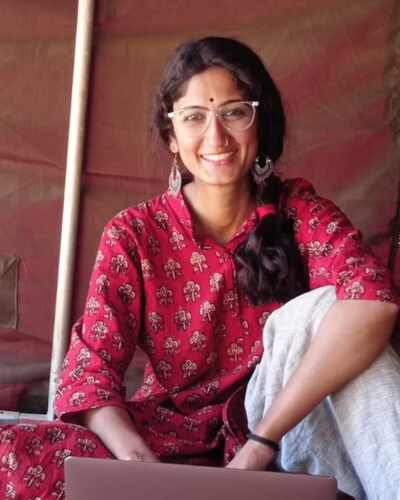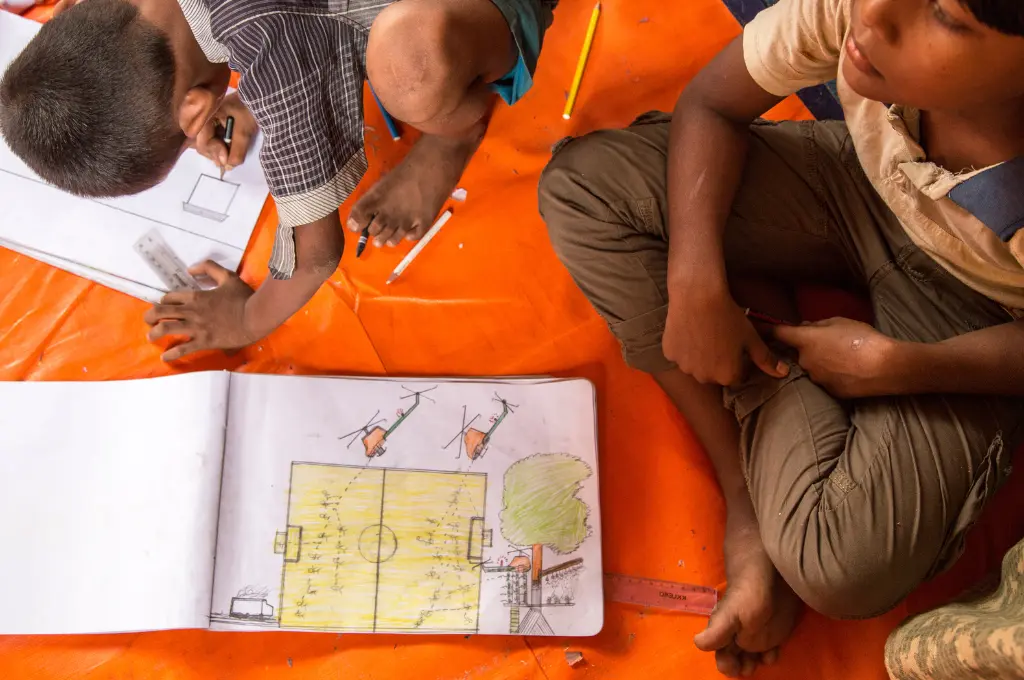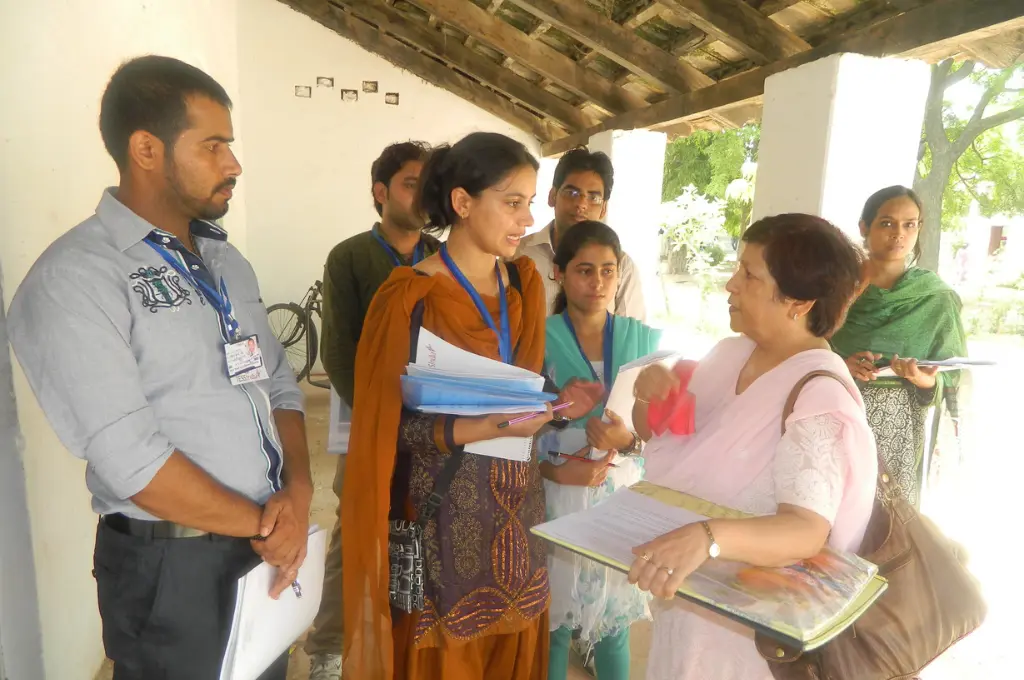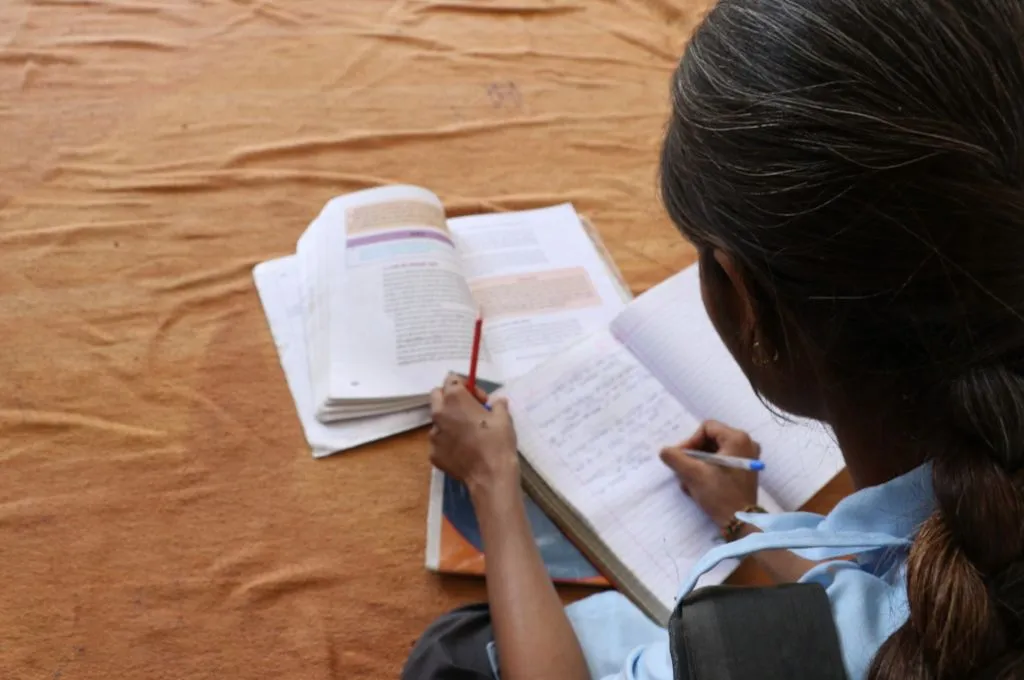Born out of peoples’ movements, struggles, and ideological and political dialogues, the Constitution of India envisions a nation guided by the values of justice, liberty, fraternity, and equality. It defines the structure, powers, and responsibilities of the government, its relationship with citizens, and guarantees Fundamental Rights.
The members of the Constituent Assembly considered these values as central to addressing entrenched issues of poverty, illiteracy, and systemic social discrimination along caste, class, gender, and religious lines. When put into practice by people and institutions, these values, rights, principles, and duties sustain our secular, democratic republic. Therefore, it is important for all citizens and organisations—but especially those working against rights violations and discrimination—to closely understand the Constitution.
Despite being progressive and forward-thinking, how much of the Constitution have we internalised and put into action? Two nonprofit organisations and a government institution explain how they use the Constitution in their work with people and communities. They speak of the various ways in which they instil constitutional values into the collective consciousness to bring about an ideological shift, and how they connect rights and laws to realities on the ground so that all sections of society are able to access legal tools.
Understanding the Constitution is a journey, not an event
CIVICACT Foundation, an organisation that works at the grassroots in Madhya Pradesh, highlights how understanding and applying these values and principles is a continuous journey, not a one-time event. Developing a lens informed by constitutional values is a gradual process that unfolds over months or even years. Consistently creating a space to experience fraternity, equality, and freedom as well as to reflect and discuss deep-set ideologies and beliefs is crucial to fostering change. CIVICACT achieves this through workshops that extend over several months, facilitating discussions among people from diverse caste, gender, and class backgrounds. These workshops also promote holistic thinking and empathy. For example, in one of the first workshops, participants are given a question to debate, such as “Is violence justifiable in some cases?”. The nuances raised in these workshops are connected to the values of equality, justice, fraternity, liberty, and rights while bringing in the participants’ contexts and ground realities.
Samvada, a Karnataka-based organisation dedicated to youth rights and empowerment, forms ongoing relationships with the young people it works with. Many of the youth it trains continue to actively work for change in their colleges by conducting fact-finding exercises on issues faced by their community. For example, they recently demanded the creation of internal complaints committees (under the Prevention of Sexual Harassment Act, 2013) in their colleges. However, this point is reached after a two-year training programme divided into three phases. During the first phase of their engagement with youth, Samvada concentrates on sensitising participants to themes such as caste, gender, class, religion, and the intersectionality of these structures of inequality. This approach allows them to lay a foundation for unpacking and understanding structural discrimination before connecting it to constitutional principles. In the second phase, they conduct workshops to build leadership skills as well as cover topics such as the Preamble and Fundamental Rights and Duties—these are taught by referencing real-life experiences. In the third phase, they connect the learnings of the first two years and act on issues faced by their communities.
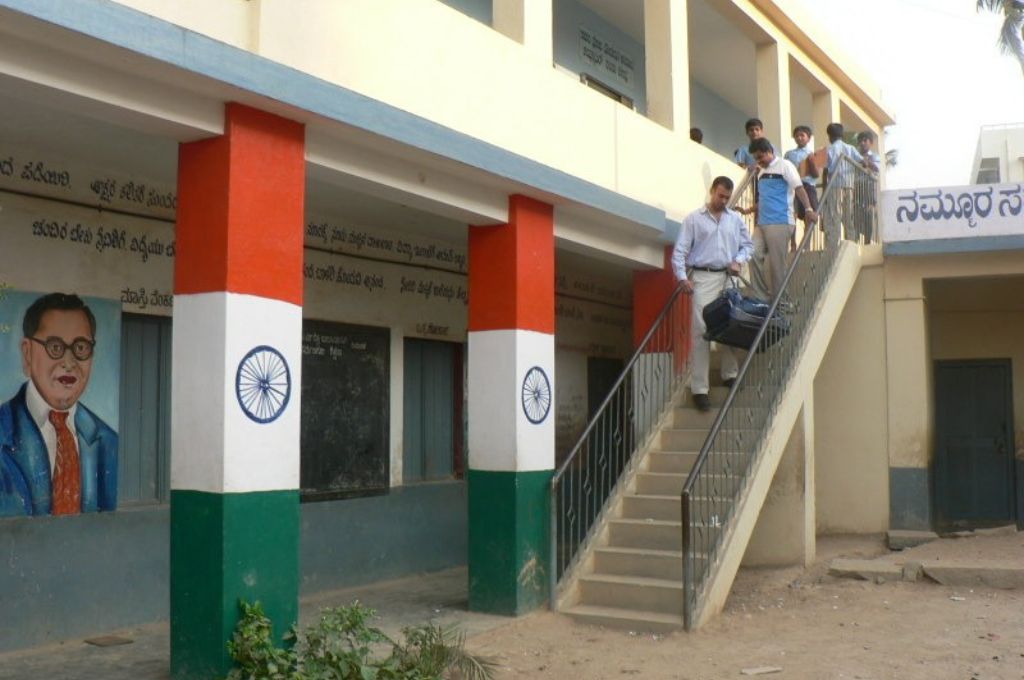
Balancing tradition with the Constitution
In India, various traditions and beliefs often run counter to the principles and rights enshrined in our Constitution. These contradictions can be seen in practices such as Karva Chauth, where only women observe fasts for the longevity of their husbands, or in instances where women are barred from entering certain mosques. Recognising the deeply ingrained nature of these societal norms and people’s strong attachments to their beliefs is crucial to navigating the balance between upholding constitutional values and respecting traditions that may be at odds with constitutional principles.
Ram Narayan Syag from CIVICACT emphasises how the transformative power of change can start within one’s own family. He recounts the journey of Rekha*, a woman from a scheduled caste background, who challenged age-old casteist practices in her village in Jaipur district. Previously in this village, following local tradition, if a person considered ‘upper-caste’ visited the home of a Dalit, the latter would ceremoniously vacate their chair and offer it to the visitor, choosing to sit on the floor even if other chairs were available. Because of various constitutional literacy workshops, Rekha recognised the discriminatory nature of this custom and began speaking about it within her family. After members of her family started unfollowing this tradition, many other households in the village followed suit.
Connecting one’s local cultural heritage to the values in the Preamble is another way of nurturing acceptance of the Constitution.
Initiating this change, however, was not without challenges. The family, initially resistant, required many months of open discussions before they could be persuaded. She actively listened to the concerns of her grandfather and father, seeking to understand their perspectives and feelings of fear and ostracisation, before managing to convince them of the need to abandon this discriminatory tradition.
Connecting one’s local cultural heritage to the values in the Preamble is another way of trying to spread awareness and nurture acceptance of the Constitution. When facilitators at Samvada have to contend with the assertion that B R Ambedkar and others copied the Indian Constitution from the West, they find a way to connect the teachings of local social reformers to the ideals in the document. For example, they bring in the teachings of Basava and Kabir, poets and social reformers from the Bhakti movement period who rejected gender and social discrimination, or Jyotiba and Savitribai Phule, who fought against societal evils to provide girls and Dalit castes access to education in the 1800s.
In order to make the Constitution accessible to all, the Kerala Institute of Local Administration (KILA) started a programme called The Citizen in February 2022, employing volunteers known as ‘senators’. Several volunteers who had previously believed in inherently unequal local superstitions such as women should not be allowed in the Sabarimala temple changed their minds after engaging in trainings related to constitutional literacy. They told KILA that they just weren’t aware of the rights and principles in the Constitution and how these provisions applied to them.
Creating systems to mobilise people
Even though India’s Constitution is considered one of the most liberal and progressive globally, many people in the country aren’t familiar with its contents. Since gaining independence, successive governments have failed to prioritise widespread awareness. As a result, civil society organisations (CSOs) working on this have had to come up with new and creative ways to impart constitutional principles and rights.
Before starting The Citizen programme in Kollam district, KILA created an environment conducive to learning across the state. They did so by mobilising gram panchayats, bureaucrats, and political parties to learn about constitutional rights and responsibilities and educate communities they had influence in. According to V Sudesan, senior faculty at KILA, because of Kerala’s historical precursors—high literacy and a history of people’s participation in governance—there was no opposition to educating citizens on the Constitution. The plan was discussed with the many stakeholders—college students, teachers, youth organisations, and even religious organisations—who played a pivotal role in rallying people to attend constitutional literacy classes and workshops.
Additionally, the gram panchayats selected approximately 4000 ‘senators’ or volunteers, who were paid an honorarium of INR 1000 per month and trained by KILA about the Constitution and its relevance in day-to-day life. These volunteers in turn engaged with their families and the schools, local public offices, and religious institutions in their neighbourhood. KILA intentionally trained youngsters from the community—more than 80 percent of whom were women—instead of government teachers to prevent the facilitators from falling back to conventional teaching methods. Kollam is the first district in India that is 100 percent constitutionally literate. One of the challenges that the Kerala state machinery faced was that though ‘ordinary’ people—MGNREGA workers, women, students from rural and marginalised backgrounds, and even some heads of religious institutions—were open to the process, those with formal education and from an upper-class background tended to be resistant. This is because they felt like they already knew about the Constitution, and that the programme would be a waste of their time.
What will it take to instil constitutional values on ground?
Over the course of their work, here’s what KILA, Samvada, and CIVICACT Foundation have learned about instilling constitutional values on ground:
1. Fostering a sense of ownership can help connect people with the Constitution
All three organisations demonstrate that empowering the youth, disadvantaged sections, and women, along with encouraging leadership roles, plays a pivotal role in spreading awareness about and enabling action on constitutional values, rights, and duties. This approach creates a sense of ownership among people. Also, establishing a connection between injustices or rights violations and the corresponding constitutional remedies makes the Constitution more tangible.
2. Various tools can be employed to create dialogues about constitutional values
KILA spreads constitutional literacy through YouTube and social media platforms. Displaying the Preamble in schools, colleges, and public spaces is another effective and simple tool to disseminate information about the Constitution. The Karnataka government has established libraries with youth clubs for regular discussions on community issues and values. Holding such discussions in open spaces, where there are individuals from diverse backgrounds, encourages people to learn from one another’s lived experiences, sensitising them to rights violations that may be happening with someone else. Incorporating positive aspects of local cultures and traditions—often through theatre, music, and games—is also important.
3. Connecting the Constitution to other programmes can help highlight its relevance in addressing social challenges
Samvada integrates the Constitution into every programme it runs, ensuring a connection between core themes such as gender and caste with constitutional principles. In this way, CSOs can apply the lens of the Constitution on issues they work on. By bridging the gap between societal issues, lived experiences, and constitutional principles, organisations can contribute to an understanding and appreciation of the Constitution’s relevance in addressing social challenges.
In addition to these, citizen’s movements, CSOs, and nonprofits that are working to promote values of equality, liberty, justice, and fraternity, and/or work on rights, should come together and share ideas and methods to create a more constitutionally literate India.
*Name changed to maintain confidentiality.
Bipin Kumar, Ram Narayan Syag, V Sudesan, Poornima Kumar, and Ramakka R contributed their valuable insights to the article.
CIVICACT Foundation and KILA are part of Har Dil Mein Samvidhan, a campaign to create awareness about Constitutional values.
—
Know more
- Watch this explainer on the Constitution of India.
- Read this to learn more about preserving constitutional values.
- Read this article to learn how the Constitution can be used in classrooms.



